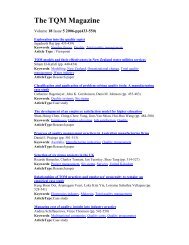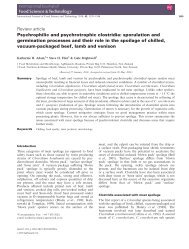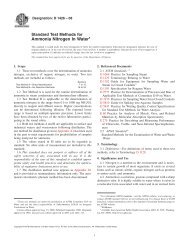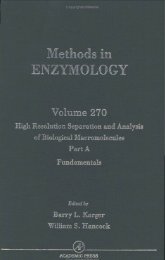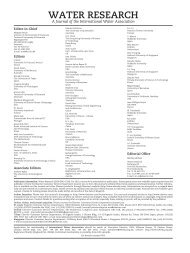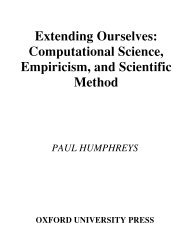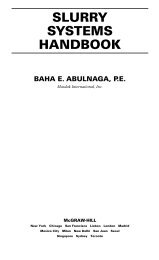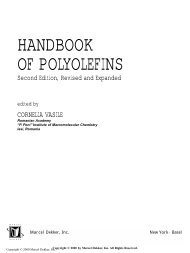Bad Astronomy: Misconceptions and Misuses Revealed, from ...
Bad Astronomy: Misconceptions and Misuses Revealed, from ...
Bad Astronomy: Misconceptions and Misuses Revealed, from ...
You also want an ePaper? Increase the reach of your titles
YUMPU automatically turns print PDFs into web optimized ePapers that Google loves.
MARS IS IN THE SEVENTH HOUSE 215<br />
as I write this, more than 70 planets have been discovered orbiting<br />
other stars. If the force behind astrology does not decrease with<br />
distance, what do we make of those planets? How do they affect<br />
my horoscope? And there are hundreds of billions of stars in our<br />
Galaxy alone. If they have as much force as, say, Jupiter <strong>and</strong> Mars,<br />
how can anyone possibly cast an accurate horoscope?<br />
Not to mention other bodies in our own solar system. The discovery<br />
of Uranus, Neptune, <strong>and</strong> Pluto threw astrologers into a fit<br />
for a while, but they were able to subsume these planets into their<br />
philosophy. Interestingly, one web site even mentions the four<br />
biggest asteroids: Ceres, Vesta, Pallas, <strong>and</strong> Juno. These are named<br />
after female gods, <strong>and</strong> the web site gives them feminine attributes<br />
after the goddesses for which they are named. Ceres, for example,<br />
was the goddess of fertility <strong>and</strong> the harvest, <strong>and</strong> astrologically (so<br />
claims the web site) has power over a woman’s procreative cycle.<br />
But Ceres was discovered in 1801 <strong>and</strong> named by its discoverer,<br />
Giuseppe Piazzi, who happened to choose a female name. Traditionally,<br />
all asteroids are now named after women. So are we to<br />
believe that an object named rather r<strong>and</strong>omly by a man, <strong>and</strong> a<br />
series of objects named traditionally after women, really have the<br />
aspects of the goddesses for whom they are named? What do we do<br />
with asteroids like Zappafrank? Or Starr, Lennon, Harrison, <strong>and</strong><br />
McCartney? My good friend Dan Durda has an asteroid named<br />
after him. I don’t have any idea how asteroid 6141 Durda (as it is<br />
officially called) affects my horoscope personally. If it collides with<br />
another asteroid <strong>and</strong> breaks apart, should I send flowers to Dan’s<br />
family?<br />
Despite the claims of its practitioners, astrology is not a science.<br />
But then what is it? It’s tempting to classify it as willful fantasy,<br />
but there may be a more specific answer: magic. Lawrence E.<br />
Jerome, in his essay “Astrology: Science or Magic,” makes a strong<br />
claim that astrology is more like magic than anything else (The<br />
Humanist 35, no. 5 [September/October 1975]). His basic assertion<br />
is that astrology is based on the “principle of correspondence,” the<br />
idea that an object has some sort of effect on reality by analogy,<br />
not by physical cause. In other words, Mars, being red, is associated<br />
with blood, danger, <strong>and</strong> war. There is no physical association



